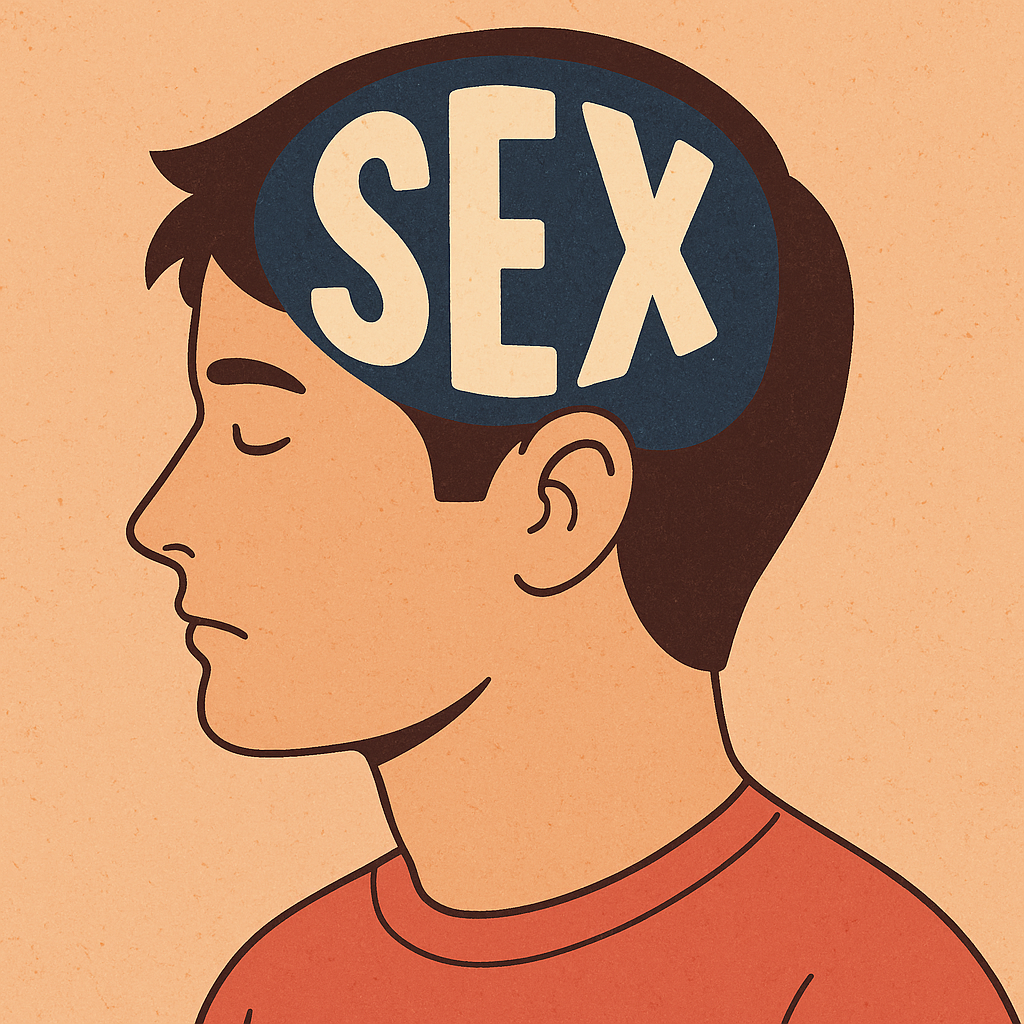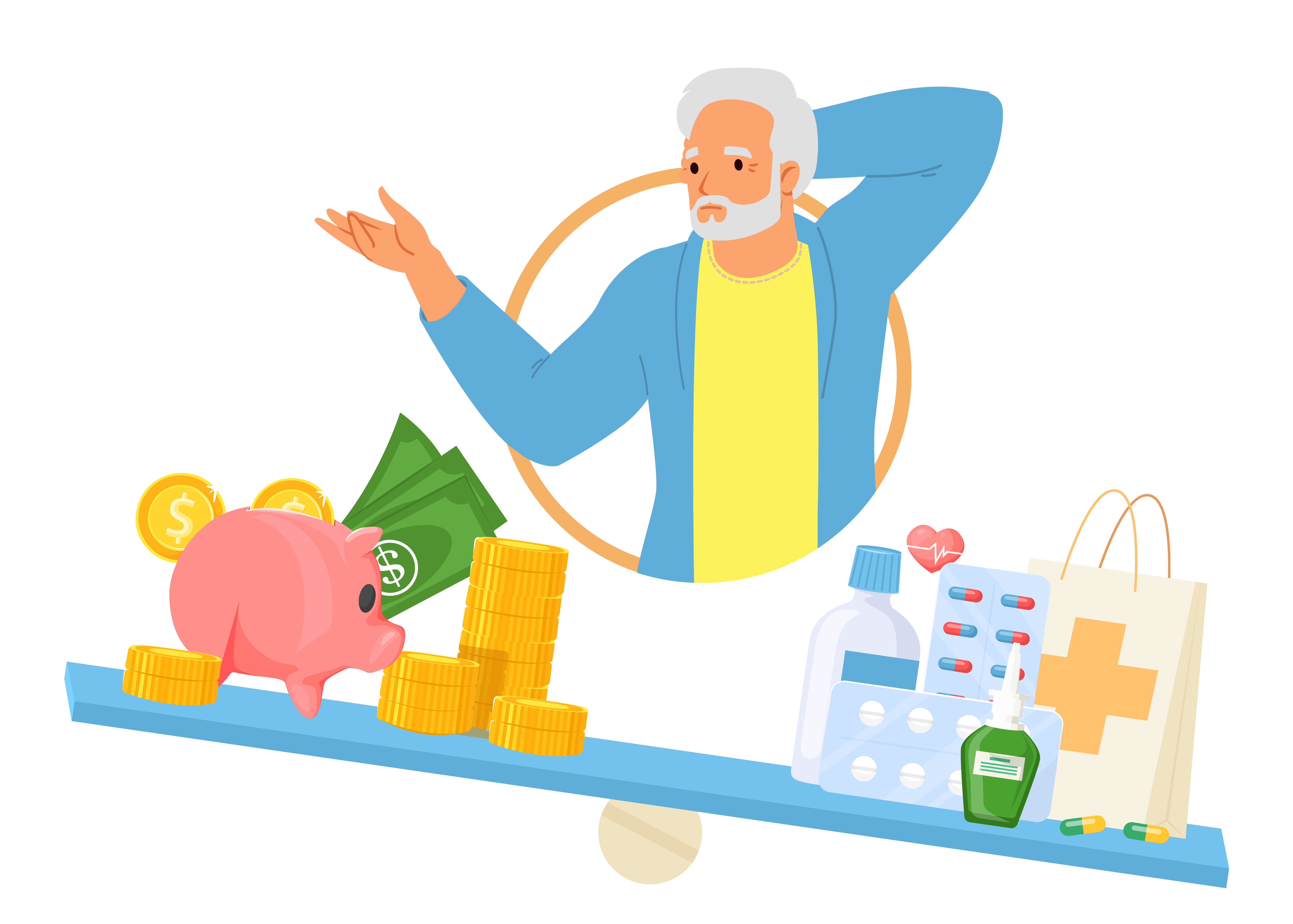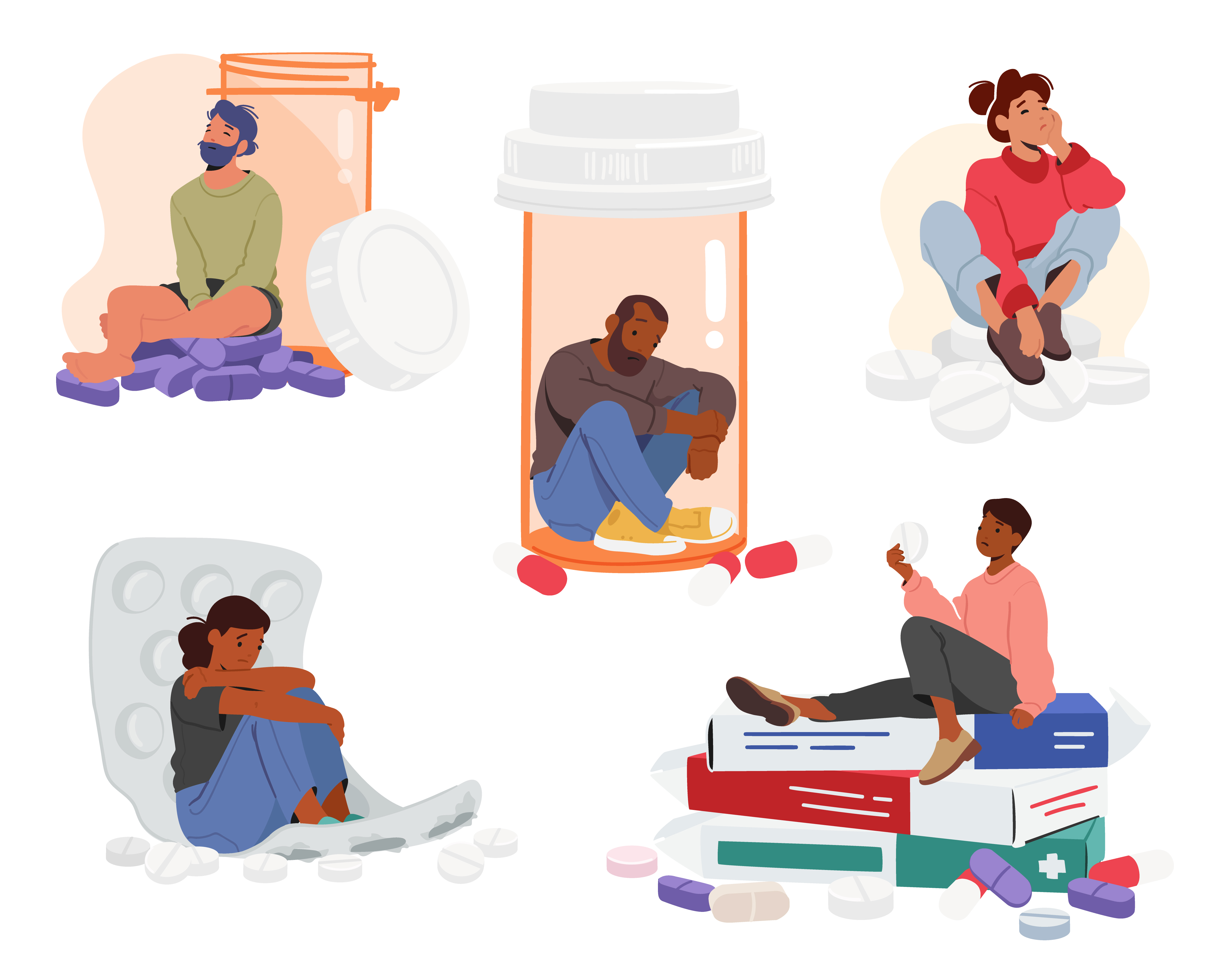What Is “Sexual Addiction”? The Debate Explained
Sexual addiction isn’t officially recognized in the DSM‑5 or ICD‑11. Instead, medical systems use terms like Compulsive Sexual Behavior Disorder (CSBD) to describe repeated, uncontrollable sexual behavior that causes lasting distress or life disruption.
That’s why the term remains controversial — is it a real behavioral addiction or a mindset shaped by culture and belief? Some argue that medicalizing normal sexual expression risks unintended harm — especially in conservative communities.
2. Epidemiology: How Common Is It Really?
Estimating prevalence is difficult due to stigma and lack of diagnostic consensus. However:
- Global data suggest 3% to 6% of adults experience compulsive sexual behavior or “sex addiction”
- One U.S. survey found 10.3% of men and 7% of women reported distress over their sexual behaviour.
- This suggests that millions worldwide report out-of-control sexual behavior, though true rates remain uncertain.
3. Commonalities with Other Behavioral Addictions
Studies show compulsive sexual behavior activates brain reward centers similar to drug addiction, with shared molecular mechanisms like ΔFosB-related neuroplasticity Wikipedia+1AddictionHelp.com+1. Animal research also found overlap in compulsivity symptoms.
Despite controversy, many individuals experience real disruption in relationships, self-worth, and daily life due to this behavior.
4. Risk Factors & Co‑Occurring Conditions
Research highlights frequent overlap with other mental health concerns:
- Around 72% of individuals meet criteria for a mood disorder (e.g., depression)
- 38% report an anxiety disorder, and 40% also have substance misuse PMC+15American Addiction Centers+15AddictionHelp.com+15Wikipedia+2Wikipedia+2AddictionHelp.com+2.
This shows it’s often not only the behavior itself—but emotional distress and trauma—that drives compulsion.
5. Recovery & Treatment: What Works
Even without universal recognition, many turn to structured care:
- Cognitive Behavioral Therapy (CBT) and Dialectical Behavior Therapy (DBT) are commonly used to reshape compulsive patterns WikipediaAmerican Addiction Centers.
- Certified Sex Addiction Therapists (CSAT) offer specialized support through adapted 12-step programs like Sex Addicts Anonymous (SAA) and Sexual Compulsives Anonymous (SCA) Wikipedia+3Wikipedia+3Wikipedia+3.
- A 2024 review found 79% of sex addicts participating in recovery programs identify themselves as “in recovery,” though 51% report a relapse history; average recovery time spans 3–5 years Addiction Group.
6. Cultural Sensitivity: Why Context Matters
For many cultures—not just Malaysia—views on sexuality are deeply influenced by religion, tradition, and gender norms. Labeling someone as a “sex addict” can risk pathologizing behavior that conflicts with cultural expectations.
This is why culturally informed care, empathy, and non-judgmental support are crucial—especially in conservative settings like Southeast Asia.
7. How to Support Someone Struggling
If someone you care about shows signs of compulsive sexual behavior:
- Encourage non-shaming conversation—mental health professionals can help with boundaries and recovery tools
- Suggest structured options like online SAA or SCA meetings, if local in-person groups are scarce
- Prioritize emotional health above behavior labels: substance misuse, shame, or trauma may be underlying factors
8. Silver Lining & Support
The lack of formal recognition doesn’t mean someone’s suffering isn’t real. With compassion, structure, and consistent support, many people rebuild intimacy and connection.
At Solace Asia, our team combines therapeutic insight with culturally sensitive care. If thoughts or impulses feel overwhelming, you deserve help that understands your story—confidentially and compassionately. Schedule an appointment with us now.


.jpg)





